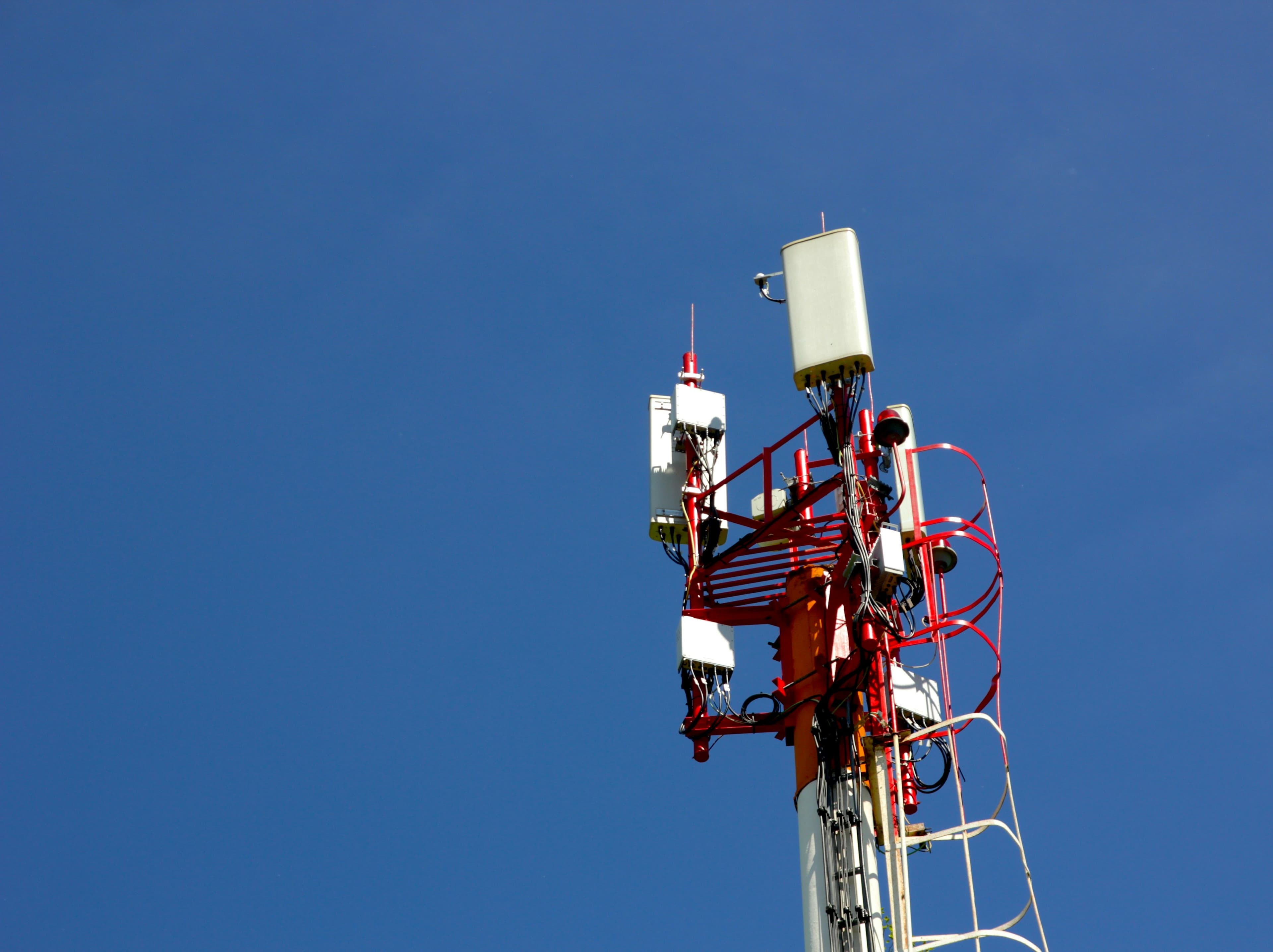
Staying online on the road the secrets of a good connection in rural Portugal
Between hills, olive groves, and white villages, rural Portugal hides a network stronger than you might think. But to stay connected without losing your mind, it helps to know a few tricks.
The charm of the Portuguese countryside with a modem in hand
Portugal isn’t just Lisbon, Porto, or the beaches of the Algarve. It’s also hilltop villages where time seems to stand still, endless fields of olive trees, and winding roads that twist through the hills. The kind of place where silence weighs more than a PDF file. But let’s be honest: even in all that tranquility, we still want to stay connected. To send an email, make a call, or simply check the weather before lighting the barbecue.
The challenge is that the network here follows its own logic. You might have full signal in a sunflower field and lose it fifty meters away under a cork oak. It’s as if the connection itself decided to live like the Portuguese do: calm, unpredictable, but always charming.
Fiber, 4G and 5G a trio that reaches beyond big cities
Contrary to what some may think, rural Portugal is no longer cut off from the world. In recent years, the country has heavily invested in fiber optics and 5G, even in interior regions. Official data shows that more than 90% of the territory is now covered by at least one high-speed network. And it shows.
In the small villages of the Alentejo or Beira Interior, fiber is gradually reaching homes. Operators have understood that younger generations, and even active retirees, want to make video calls without pixelation and watch their shows without the loading circle turning into a nightmare.
5G keeps expanding. In some rural areas, it’s even better than fiber, especially for travelers. It’s not unusual to see camper vans parked by the roadside with a 5G antenna on the roof and people working in shorts with a coffee in hand.
Portuguese operators playing the rural card
What makes life easier is that Portugal’s major telecom operators have taken the rural challenge seriously. MEO, NOS, and Vodafone are quietly battling to see who can cover the most villages. And in this race, the consumer is the real winner.
Mobile plans often include very generous data volumes, usable anywhere in the country. Some even offer hybrid solutions: a 4G or 5G router for the home, easy to move, that captures the mobile network and turns it into Wi-Fi. Perfect for country houses, camper vans, or small family hotels that want to offer a decent connection without breaking the bank.
And it has to be said, the Portuguese are practical people. In the villages, network tips are shared like local gossip. Everyone knows which hill has the best signal, which operator works in that valley, and they exchange advice like they used to swap codfish recipes.

The tricks of travelers and nomads
Rural Portugal is attracting more and more long-term travelers and digital workers. These new Wi-Fi explorers know it takes a bit of strategy to stay connected without losing the charm of the countryside.
The most popular solution remains the mobile router. Compact, autonomous, it charges through the car’s lighter socket and connects several devices at once. Some models automatically detect the best available signal and switch between operators depending on coverage.
The more prepared ones invest in a local SIM card, usually cheaper than an international plan, or even an eSIM, to avoid juggling physical cards. And for those traveling by van or motorhome, there are amplifying antennas that work wonders in areas where the signal hovers between “weak” and “gone.”
But despite all these tricks, patience remains an essential virtue. In rural Portugal, you learn to enjoy network breaks. When the signal drops, you pour yourself a coffee, take in the view, and realize there are worse things than waiting for a single bar of reception between two olive trees.
Community Wi-Fi a living tradition
In some rural areas, digital solidarity has become a habit. Cafés, libraries, or even small town halls offer open Wi-Fi for everyone. It’s a way to keep people connected, allowing locals and travelers alike to stay online without relying entirely on their own data plans.
This shared Wi-Fi isn’t always fast, but it’s friendly. People meet there to send a document, call family, or chat over coffee while their file uploads. It’s almost a new version of the village square: quieter, but just as social.
The limits of being always connected at the end of the world
Of course, it’s not all perfect. Some areas still lag behind, especially in the mountains or on the islands. Power cuts can also disrupt connections, especially during summer storms. And one truth remains: in the countryside, the internet isn’t always in a hurry.
But maybe that’s not such a bad thing. Many who move to rural Portugal do so precisely to slow down. The connection is there to work, to stay in touch, but it’s no longer the center of everything. Time stretches, days fill up differently, and the screen finally returns to its proper place.
Between tradition and technology a Portuguese balance
What’s striking about Portugal is how the country has managed to blend modernity and authenticity. In the same village, you might find a farmer checking the weather on his smartphone before milking his goats, and a young engineer working remotely from a restored 19th-century house.
Technology has melted into the landscape without changing it. You can sense it behind the whitewashed walls, discreet but very present. And maybe that’s the secret of rural Portugal’s success: staying connected without becoming dependent, living with technology without giving it all the space.
In conclusion
Staying online on the road in Portugal is no longer a risky adventure. Between expanding fiber, 5G climbing the hills, and increasingly affordable mobile solutions, the country proves it’s possible to combine nature and connectivity.
Of course, you have to accept the network’s whims, the white zones, and the occasional sudden disconnection. But that’s also part of the charm of the journey. Because in the end, staying connected in rural Portugal isn’t just a matter of Wi-Fi. It’s a matter of balance. Between the online world and the very real one stretching under the sun, somewhere between two olive fields.
Share this article
Suggested articles

Low cost bundle or mobile only understanding Portuguese offers without losing your mind
In Portugal, the phone is not just a tool. It’s an extension of oneself. In Lisbon cafés, on Algarve beaches, or in Porto’s narrow streets, everyone has their smartphone in hand, often with two SIM cards to switch between operators. Connectivity is part of daily life, almost like air or sunshine. But when it’s time to choose a plan, things get complicated fast.

Fiber 5G and sunshine the new paradise for digital nomads
There was a time when the dream of a digital nomad meant a bamboo hut in Bali, a MacBook, and a green smoothie. But in recent years, a new paradise has shaken up the global remote work map: Portugal. With its omnipresent fiber optics, rock-solid 5G, and near-daily sunshine, the country has managed to charm freelancers and startup founders alike (and, of course, lovers of good pastéis de nata).

Internet for Travelers: The Smart Guide to Staying Connected in Portugal
Traveling through Portugal today means stepping into a country where modernity and tradition coexist with rare harmony, where cobbled streets lead to cafés with fast Wi-Fi connections, and where technology blends effortlessly into the rhythm of everyday life.

Getting Connected in Portugal: How to Choose Your Operator Without Falling Into Traps
Settling down or spending time in Portugal often means discovering a country where everything feels simple, easy, and welcoming. But when it comes to mobile networks, internet access, or SIM cards, things can quickly become a little more complex.

Home telecommunications in Portugal
Moving to Portugal is more than just a change of address — it’s the beginning of a new chapter filled with light, calm, and possibility. Once you’ve found your new home and unpacked your suitcases, one essential task quickly rises to the top of the list: getting connected.

Telecommunications in Portugal
For many, arriving in Portugal marks the beginning of a new chapter — whether to live, work, study, or simply enjoy the sunshine and the gentle pace of Portuguese life.


